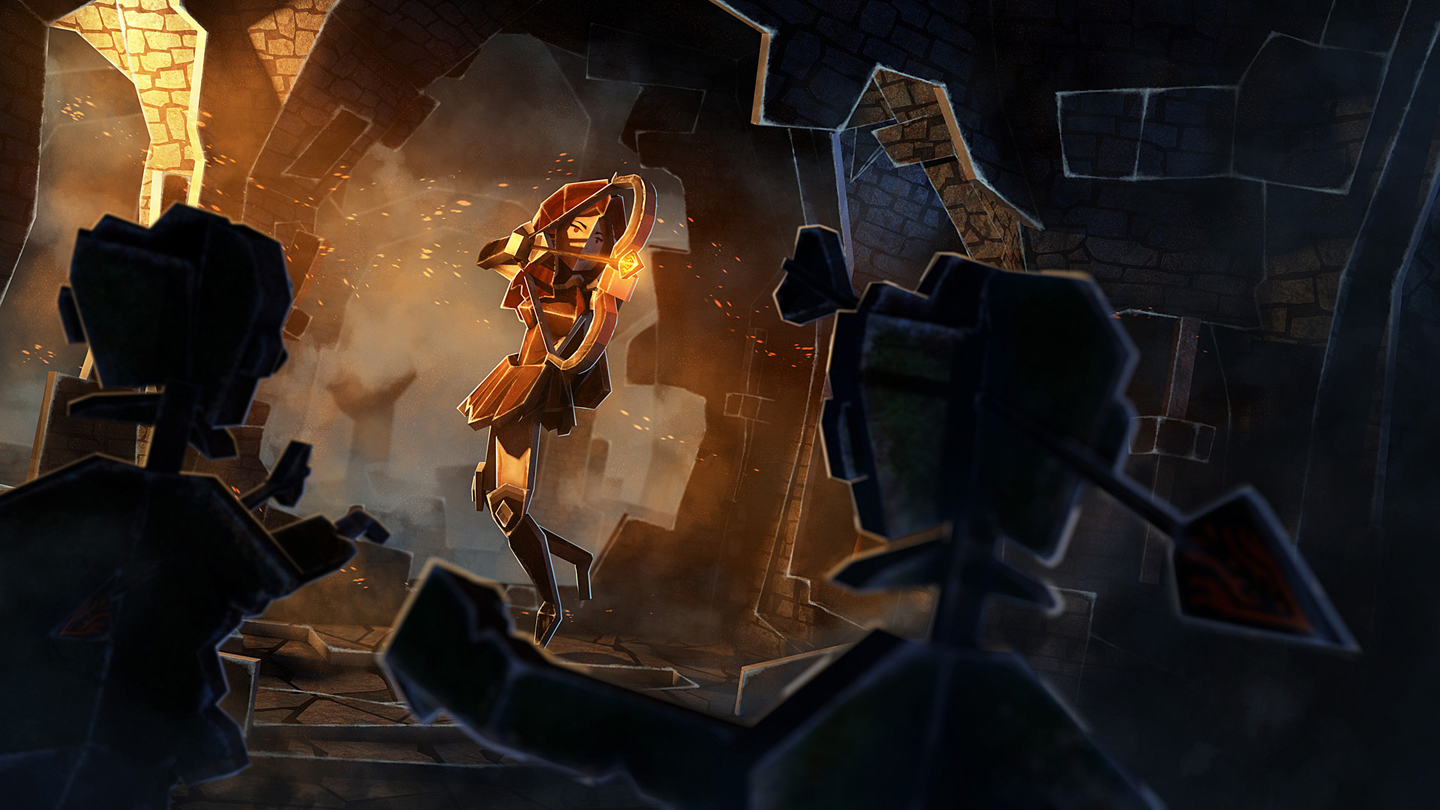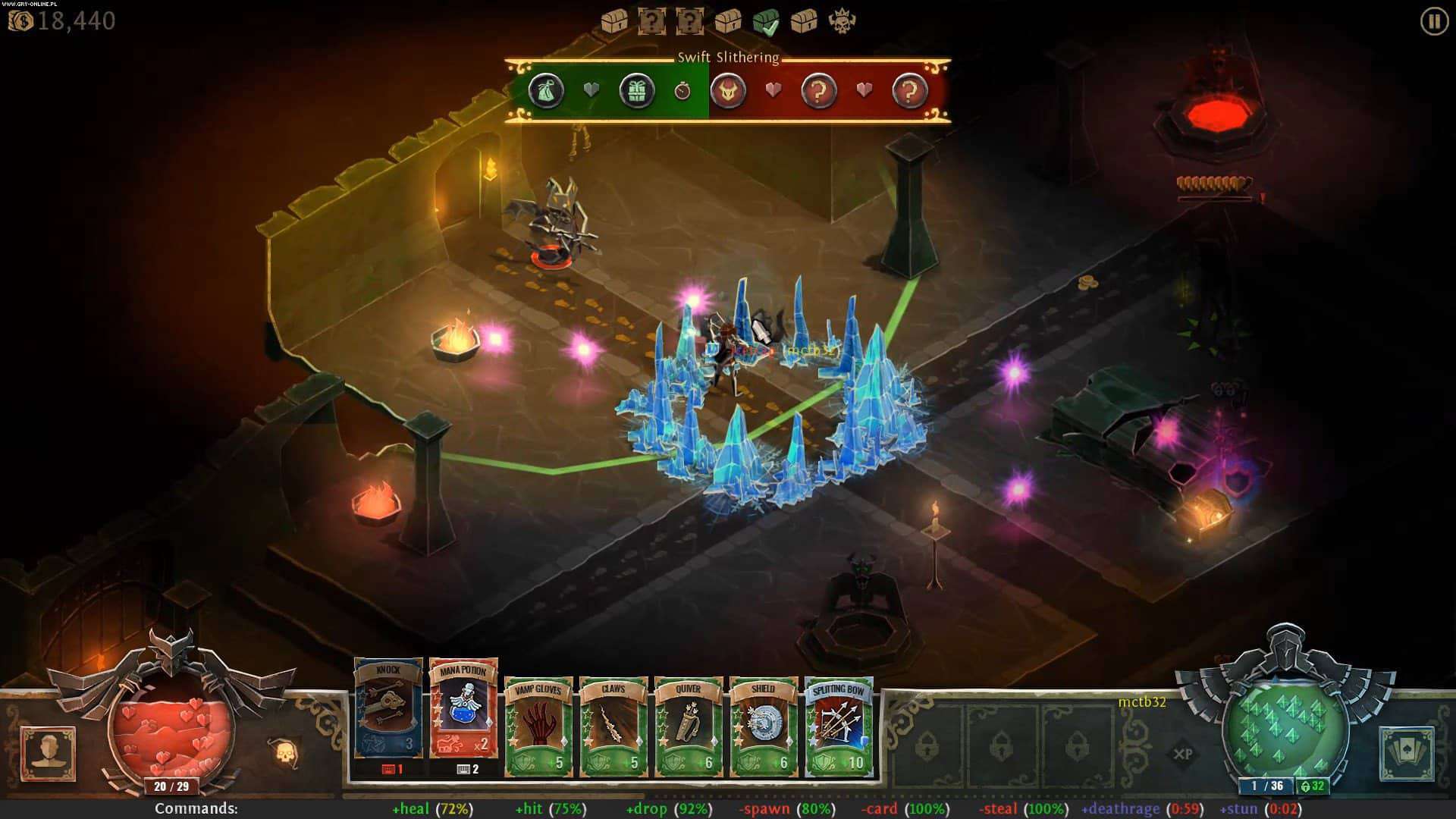

Delivery charges may apply.2020 Center for Biblical Studies Finalist for Biblical Theology The truth about demons is far stranger―and even more fascinating―than what's commonly believed.Īre demons real? Are they red creatures with goatees holding pitchforks and sitting on people's shoulders while whispering bad things? Did a third of the angels really rebel with Satan? Are demons and "principalities and powers" just terms for the same entities, or are they different members of the kingdom of darkness? Is the world a chaotic mess because of what happened in Eden, or is there more to the story of evil? To explore all the titles on the shortlist visit. The winner of the 2023 Women’s prize for fiction will be announced on 14 June. The 2022 prize was won by Ruth Ozeki for The Book of Form and Emptiness. The winner of this year’s prize will be announced on 14 June. Okojie said the book “speaks to climate change and is also a wonderful celebration of family”. Pod is told through the eyes of Ea, a spinner dolphin, and is a story about an ocean world increasingly haunted by the cruelty and ignorance of humans. Elizabeth Lowry, reviewing for the Guardian, said the novel “feels in many ways like the book she was born to write”. Kingsolver’s Demon Copperhead is a reimagining of Charles Dickens’ David Copperfield, focused on a boy who grows up in the poverty-stricken Appalachian mountains of Virginia. Minchin said it was an “ exquisite book” that takes readers to “a world that you won’t have lived in”. The Marriage Portrait by Maggie O’Farrell is a retelling of the story of Lucrezia, the third daughter of Cosimo de’ Medici, and is set in Florence in the 1500s. Siddiq described it as “a beautifully written book” about “love and loss, and where your home truly is”. It is inspired by real-life accounts of the longest siege in modern warfare.


Mackie called it a “deftly woven novel, which will astonish you”.īlack Butterflies is set in Sarajevo in spring 1992, and follows an artist and teacher caught up in the siege of the city. Set during the Troubles in Northern Ireland, Trespasses is about a teacher who has an affair with an older lawyer. Kennedy’s Trespasses is her first novel, following the short story collection The End of the World is a Cul de Sac. Colin Grant in his Guardian review said Crooks had “crafted a richly textured world”. Minchin’s fellow judges are the novelist Rachel Joyce, journalist, podcaster and writer Bella Mackie, novelist and short story writer Irenosen Okojie and Labour MP Tulip Siddiq.įire Rush is set in London, Bristol and Jamaica and follows Yamaye, who goes on a dramatic journey of transformation after her relationship ends. “I’ve learned an enormous amount as a reader - to be much more open in what I read,” she added. For me, it took me to places that I wouldn’t necessarily have gone before.” The list is eclectic and there are so many different types of stories and types of voices. Minchin said: “The diversity of thought and creativity of women writers at the moment is vast and exciting and inspiring. The prize, worth £30,000, is awarded for the best full-length novel of the year written by a woman and published in the UK. Minchin, who is a broadcaster and writer, said the books on the list were “ambitious and hard-hitting and imaginative, and they take you on an emotional journey that I feel moved by and inspired by”. The list is completed by Pod by Laline Paull, who was previously shortlisted for the prize in 2015 for her novel The Bees. They are joined by Barbara Kingsolver, who won the prize in 2010 for The Lacuna and is shortlisted this year for Demon Copperhead, and Maggie O’Farrell, who is shortlisted for The Marriage Portrait and who won the prize in 2020 for Hamnet. The first-time novelists shortlisted for the prize are Jacqueline Crooks for Fire Rush, Louise Kennedy for Trespasses and Priscilla Morris for Black Butterflies.


 0 kommentar(er)
0 kommentar(er)
